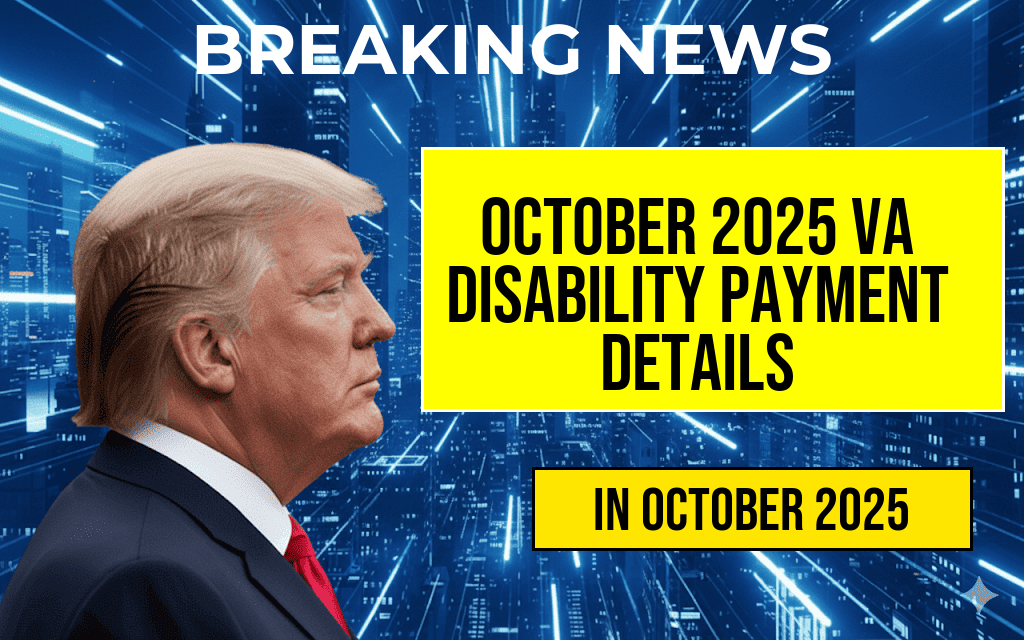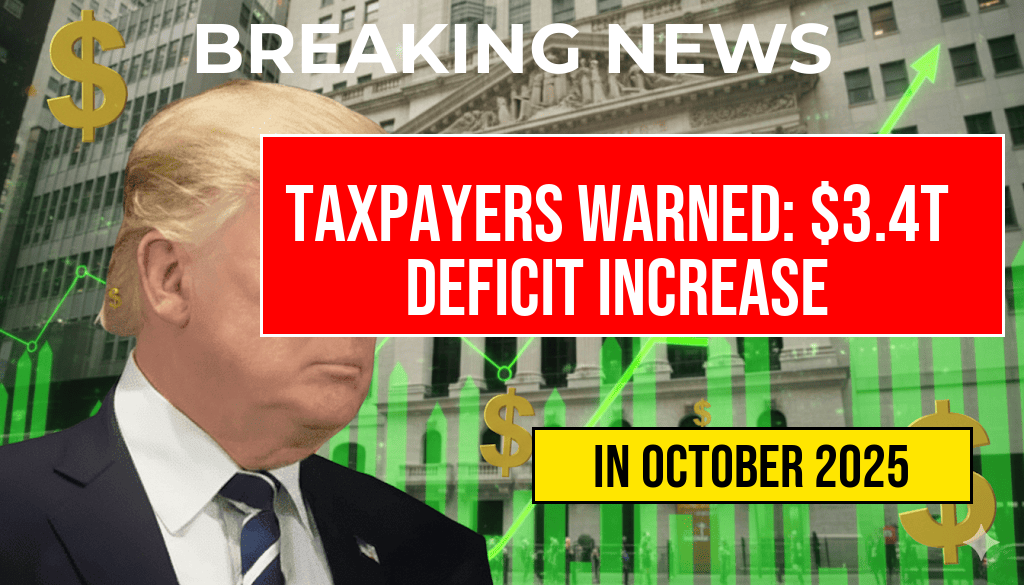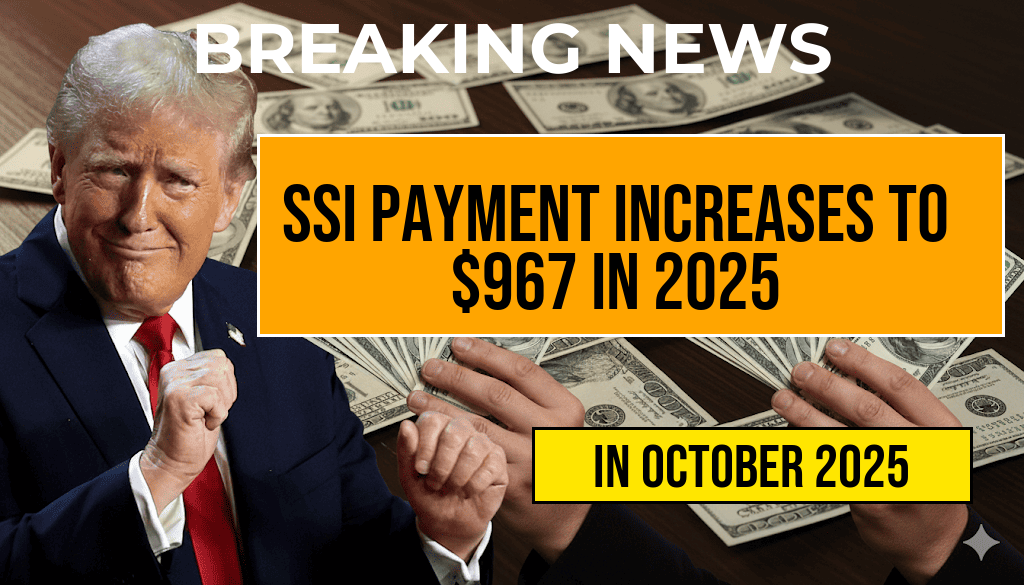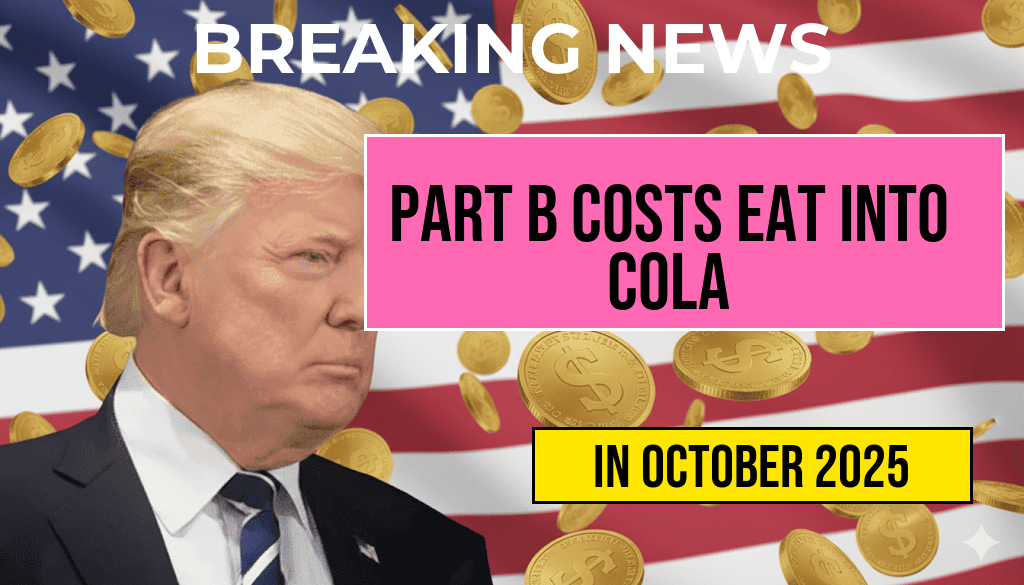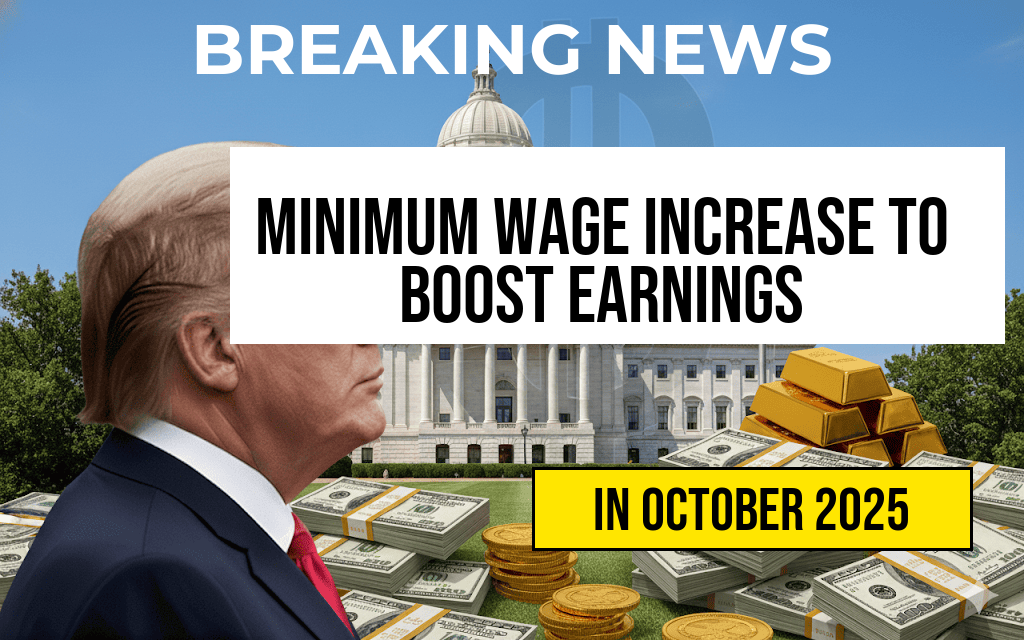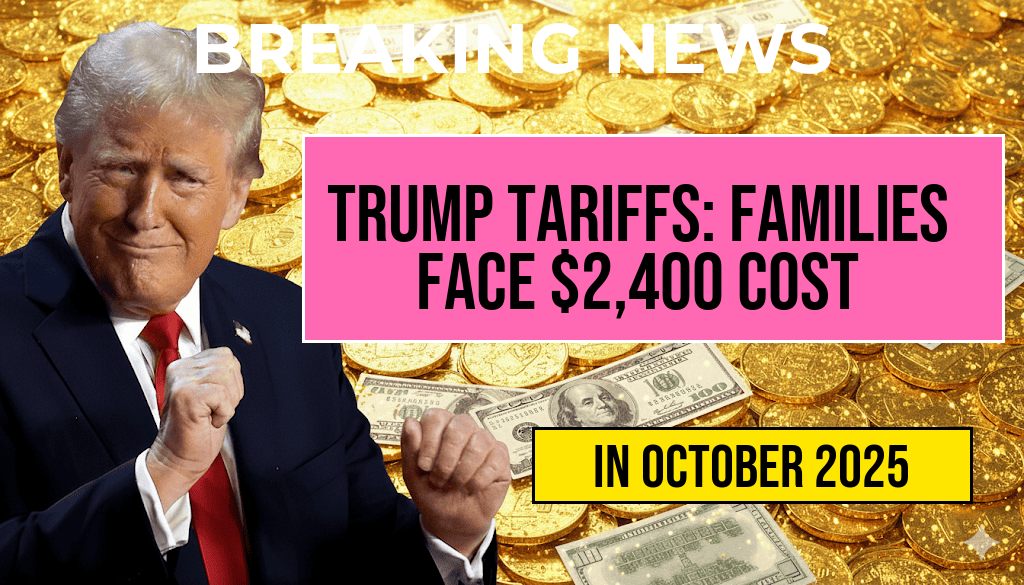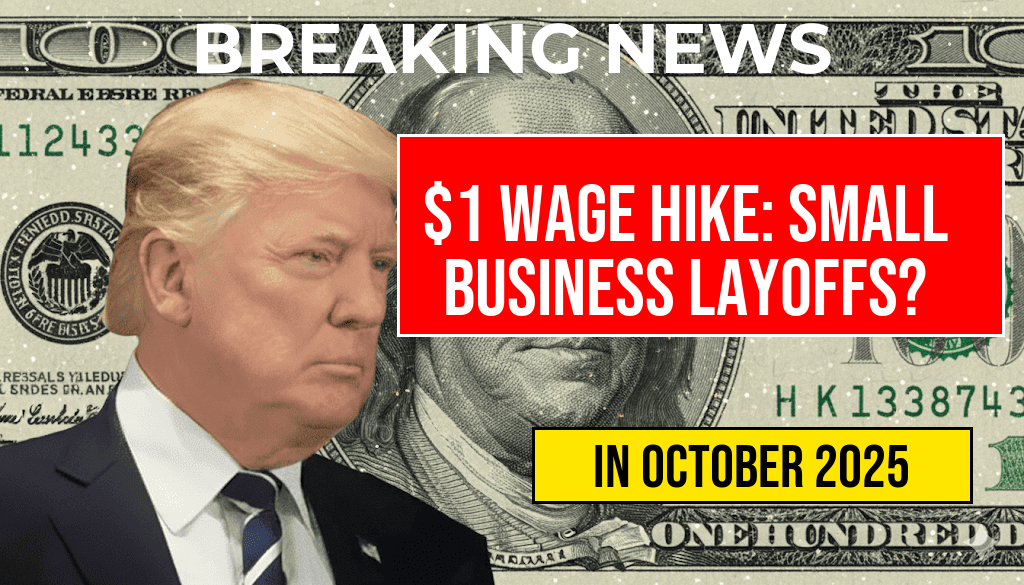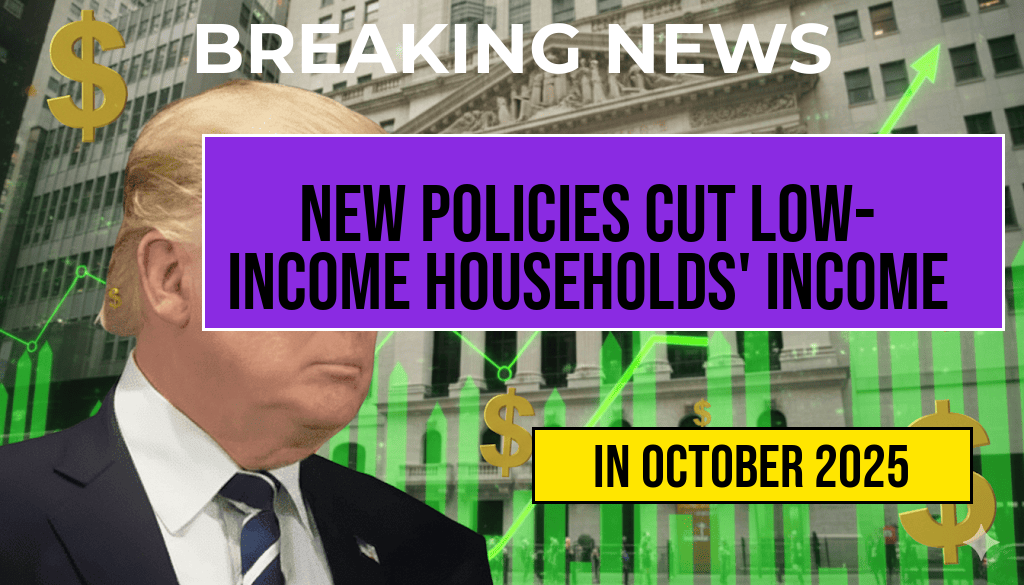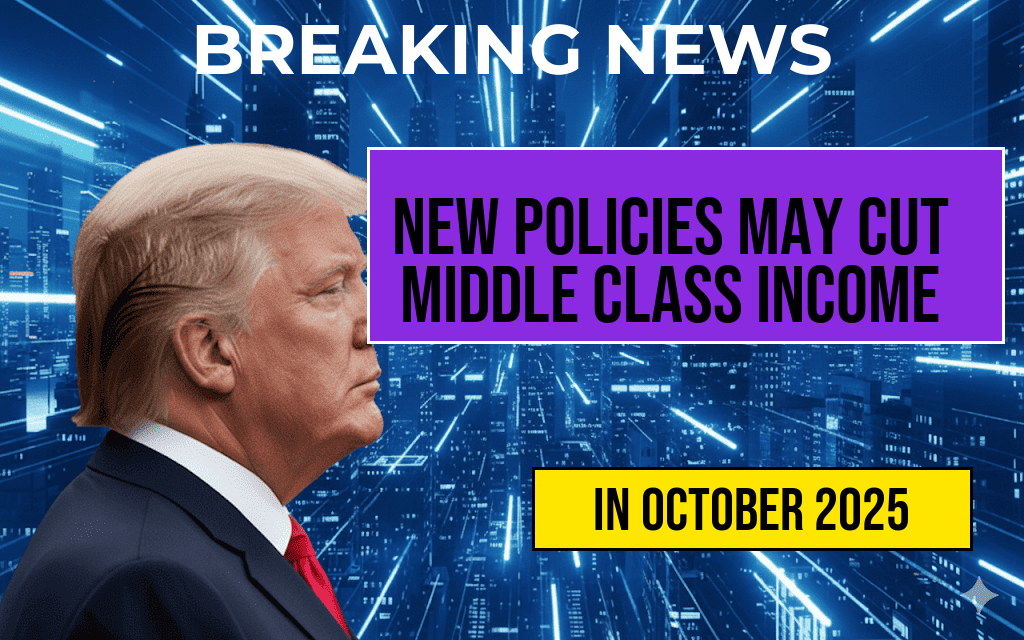A recent study has projected that an increase in the federal minimum wage to $15 per hour could significantly enhance the financial well-being of approximately 32 million American workers. This adjustment is expected to raise annual earnings by an average of $3,300, providing much-needed relief to those at the lower end of the wage scale. Advocates argue that a higher minimum wage will not only improve living standards but also stimulate economic growth by increasing consumer spending. The analysis, conducted by the Economic Policy Institute (EPI), emphasizes the potential benefits of such a policy change amid ongoing discussions about income inequality and worker rights in the United States.
The Economic Impact of a Federal Minimum Wage Increase
The proposed increase in the federal minimum wage has sparked a robust debate among policymakers, business leaders, and economists. Proponents argue that raising the minimum wage to $15 would provide a crucial boost to low-income families, enabling them to afford basic necessities such as housing, food, and healthcare. In contrast, critics express concerns about potential job losses and increased costs for small businesses.
Key Findings from the Study
- Annual Earnings Boost: The increase to $15 per hour is projected to raise the earnings of 32 million workers by an average of $3,300 annually.
- Economic Growth: Higher wages could lead to increased consumer spending, benefitting local businesses and the economy as a whole.
- Reduction in Poverty: The raise is expected to lift many families above the poverty line, improving overall living standards.
Current Minimum Wage Landscape
As of now, the federal minimum wage stands at $7.25 per hour, a rate that has not changed since 2009. While some states and cities have implemented their own minimum wage laws that exceed the federal level, the lack of a national standard has led to significant disparities in earnings across the country. This new proposal aims to address these inequalities by establishing a more uniform wage floor.
State Responses to Minimum Wage Increases
States like California and New York have already adopted higher minimum wage laws, resulting in observable positive effects on their economies. Research indicates that these states experienced increased job growth and improved economic stability following their wage hikes. The EPI’s findings suggest that a federal increase could replicate these outcomes on a national scale.
Arguments For and Against the Minimum Wage Hike
The debate surrounding the minimum wage increase is deeply polarized. Advocates highlight the following benefits:
- Improved Quality of Life: Families with increased income can afford better housing, education, and healthcare.
- Boosting Local Economies: More disposable income leads to higher spending in local businesses, stimulating economic activity.
- Reduction in Government Assistance: Higher wages could decrease reliance on government welfare programs.
On the other hand, opponents raise concerns, including:
- Job Losses: Some studies suggest that higher wages could lead to reduced hiring and potential layoffs, particularly in smaller businesses.
- Increased Prices: Businesses may pass on the costs of higher wages to consumers through increased prices for goods and services.
- Regional Variability: The cost of living varies significantly across the U.S., and a one-size-fits-all approach may not be effective.
Conclusion of the Analysis
The Economic Policy Institute’s study underscores the potential economic benefits of raising the federal minimum wage to $15 per hour. As discussions continue on this critical issue, the real-world implications for millions of workers hang in the balance. Policymakers are urged to weigh the long-term economic benefits against the immediate concerns of businesses and employment levels.
| Effect | Estimated Number of Workers Affected | Average Annual Earnings Increase |
|---|---|---|
| Annual Earnings Boost | 32 million | $3,300 |
| Reduction in Poverty | Millions | N/A |
For more information, you can visit the Economic Policy Institute’s official website at epi.org or check the latest updates on the minimum wage proposals from reputable sources like forbes.com.
Frequently Asked Questions
What is the expected impact of the federal minimum wage increase to $15?
The federal minimum wage increase to $15 is expected to boost annual earnings by approximately $3,300 for around 32 million workers, according to a recent study.
How many workers will benefit from the minimum wage increase?
The study indicates that about 32 million workers will benefit from the increase to a $15 minimum wage, significantly impacting their annual earnings.
When is the federal minimum wage expected to increase to $15?
While the exact timeline for the federal minimum wage increase to $15 has not been specified, discussions and proposals have been ongoing among lawmakers to implement this change.
What are the potential economic effects of raising the minimum wage?
Raising the minimum wage can lead to increased consumer spending, reduced poverty levels, and improved living standards for many workers, while also sparking debates about potential impacts on small businesses and employment rates.
What does the study say about the long-term effects of a higher minimum wage?
The study suggests that a higher minimum wage could result in lasting benefits for workers, including increased annual earnings and improved quality of life, though it also highlights the need for careful monitoring of economic impacts.

